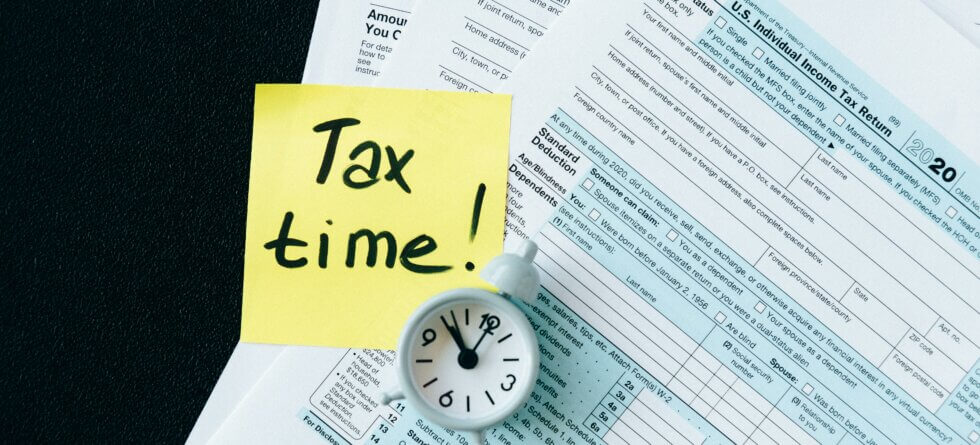Small businesses typically pay taxes on their net profit, which is the amount left over after deducting allowable business expenses from their gross income.
Here’s a breakdown of how taxes are typically calculated for small businesses…
- Revenue – Small businesses generate revenue from sales of products or services.
- Expenses – Small businesses incur various expenses in the course of operating their business. These expenses may include costs such as rent, utilities, wages, supplies, equipment, marketing, insurance, taxes, and other overhead expenses.
- Gross Profit – Gross profit is calculated by subtracting the total cost of goods sold (COGS) from total revenue. COGS includes the direct costs associated with producing or acquiring the products or services sold by the business.
- Net Profit – Net profit, also known as net income or net earnings, is calculated by subtracting all business expenses (including COGS) from total revenue. Net profit represents the amount of money the business has left over after covering all expenses.
- Taxable Income – The taxable income for the business is the net profit derived from its operations. This is the amount on which the business will be taxed.
- Tax Liabilities – Small businesses are subject to various taxes, including income taxes, self-employment taxes (if applicable), and possibly other taxes such as payroll taxes, sales taxes, and excise taxes. The specific tax liabilities depend on factors such as the business’s legal structure, income level, location, and industry.
- Tax Deductions and Credits – Small businesses can take advantage of various tax deductions and credits to reduce their taxable income and overall tax liability. Deductions may include expenses directly related to the operation of the business, such as rent, utilities, salaries, supplies, and depreciation. Tax credits provide a dollar-for-dollar reduction in taxes owed and may be available for certain activities or investments, such as research and development, renewable energy, or hiring certain types of employees.
Small businesses are taxed on their net profit, but they have opportunities to minimize their tax liability by maximizing deductions, taking advantage of tax credits, and engaging in strategic tax planning. It’s advisable for small business owners to work with tax professionals or accountants to ensure compliance with tax laws and optimize their tax strategy.




